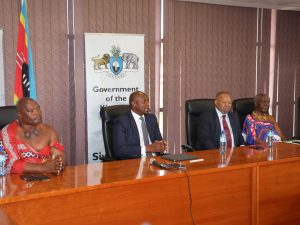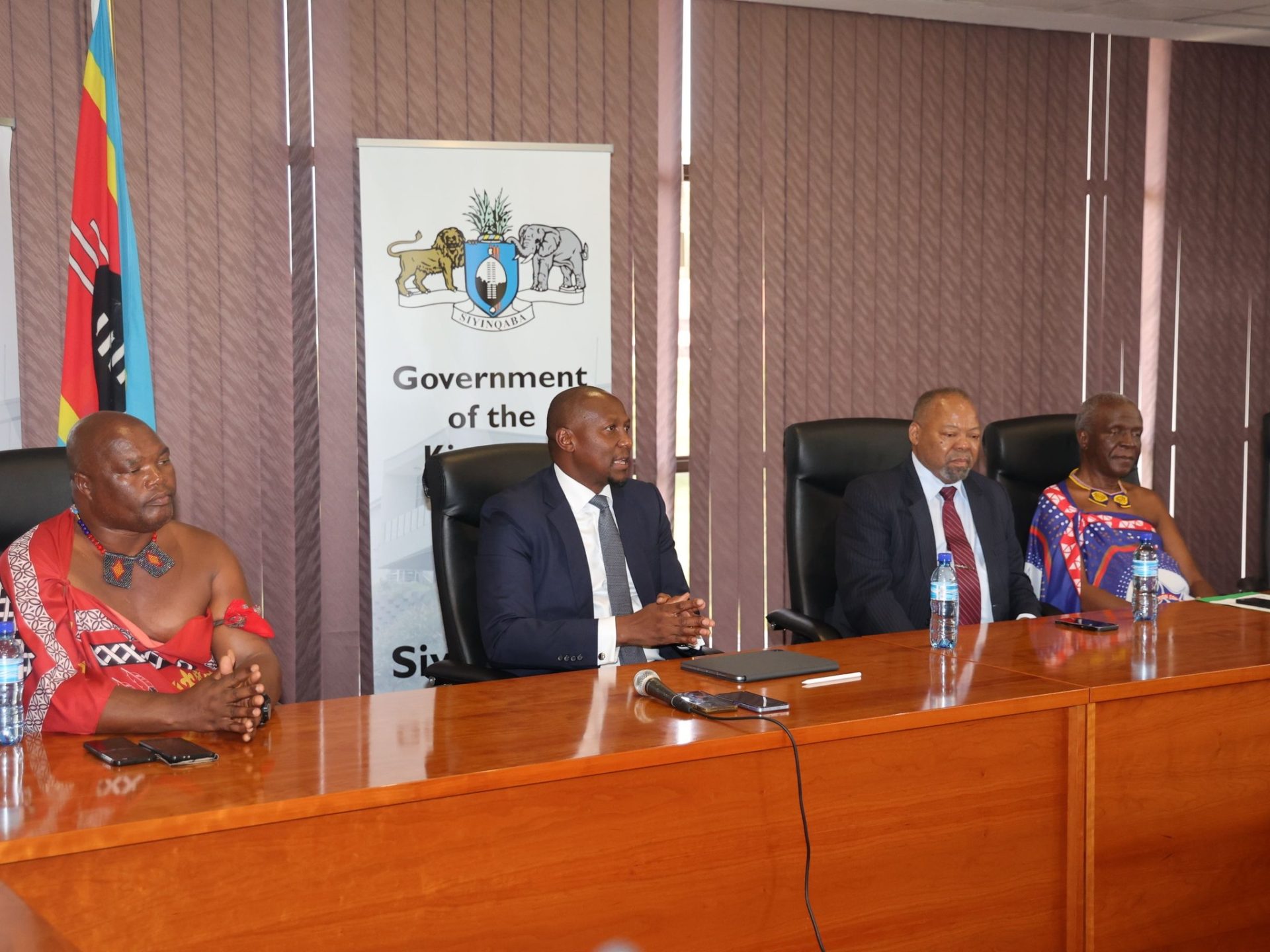The Kingdom of Eswatini continues to affirm its place within the international community by strengthening robust diplomatic and development partnerships, according to Prime Minister Russell Dlamini.
Presenting a detailed account of government achievements, Dlamini highlighted the significance of Eswatini’s active engagement with global stakeholders to advance mutual support and shared interests.
He emphasized that the country does not operate in isolation but thrives through meaningful relationships that enhance its national and international objectives.
RELATED: Prime Minister departs for New York to represent King at 79th UN General Assembly
In the past year, Eswatini expanded its diplomatic footprint by establishing relations with Belarus, Kyrgyzstan, and Saudi Arabia.
These new partnerships were said to reflect the country’s commitment to broadening its horizons and pursuing opportunities for cooperation across various sectors.
Under the guidance of His Majesty King Mswati III, Eswatini signed Joint Cooperation Agreements and several Memoranda of Understanding with nations such as Uganda, the United Arab Emirates, Serbia, Indonesia, Rwanda, and Türkiye.
Dlamini said that these agreements are expected to yield significant benefits in trade, investment, and cultural exchange, further integrating Eswatini into the global economic fabric.

The Premier highlighted a key diplomatic milestone achieved this year which is the successful negotiation for the removal of special paragraphs referencing Eswatini in the agendas of the Southern African Development Community (SADC) Troika and the International Labour Organization (ILO).
He added that the government remains committed to reevaluating the value and benefits derived from Eswatini’s memberships in various international bodies, ensuring alignment with the nation’s priorities and aspirations.
Again, he shared that engagements with the international community over the past year have been both strategic and fruitful.
These discussions have allowed the government to present its positions on key issues, including development cooperation, human rights, and governance.
One such forum involved a political dialogue with European Union embassies, during which the government provided a comprehensive report on alleged human rights violations.
The dialogue covered sensitive topics, including the murder of a traditional Chief, incidents involving state security officers, and the killing of human rights lawyer Thulani Maseko.
RELATED: Japan’s Prime Minister Kishida to resign, paving way for new leader
Eswatini has also seized international platforms to promote its unique Tinkhundla system of governance. Dlamini reaffirmed the government’s dedication to strengthening a proper understanding of this home-grown political structure, which he described as deeply rooted in the nation’s traditions and values.
A notable example was Eswatini’s presentation on Tinkhundla governance at the Pan African Parliament, following an invitation to discuss the system’s principles and implementation.
Dlamini’s report highlighted the government’s resolve to maintain constructive dialogue with existing and prospective partners.
This approach, he said, highlights the mutual respect and shared benefits that characterize Eswatini’s international relations.


